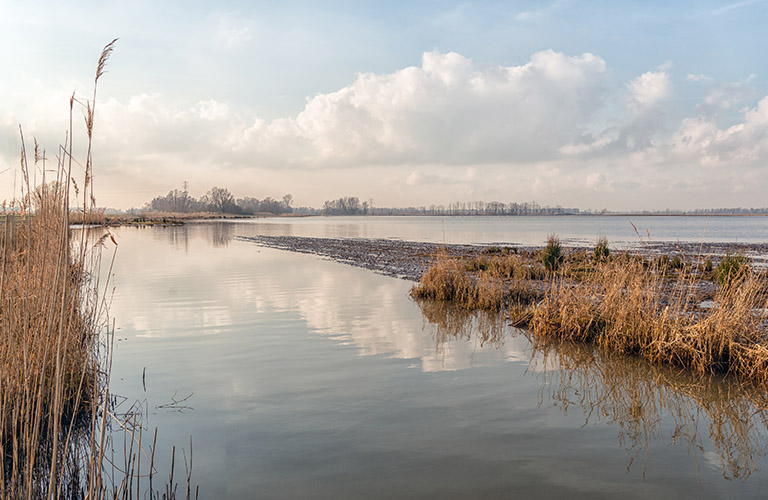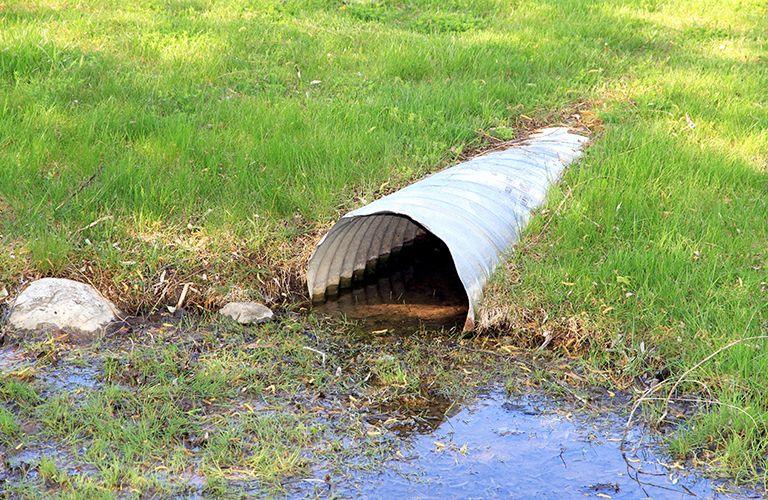
On February 27, 2018, the Georgia Court of Appeals issued a decision in Craig Barrow, III v. Richard E. Dunn, which involved an administrative appeal of a permit issued by the Georgia Environmental Protection Division (“EPD”) to the City of Guyton for the operation of a land application system (“LAS”) wastewater treatment facility. In Barrow, the plaintiff-property owner filed an administrative appeal of the LAS permit and alleged that the partially treated wastewater sprayed by the City at the LAS site would run off the site and degrade the water quality of nearby streams and wetlands on the plaintiff’s property…. Read more






